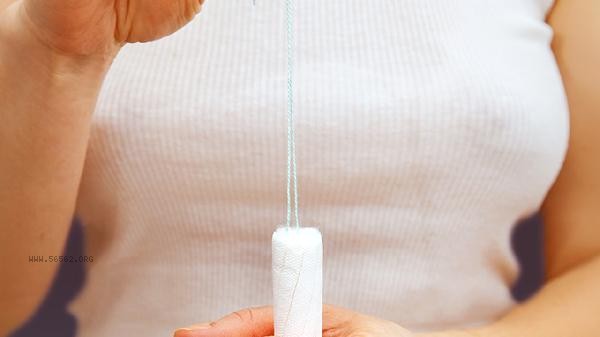Bleeding ten days after menstruation may be caused by ovulation bleeding, endocrine disorders, gynecological inflammation, endometrial polyps, uterine fibroids, and other reasons. It needs to be judged based on specific symptoms and examination results.

1. Ovulation bleeding:
A small amount of bleeding that occurs during the menstrual cycle, usually lasting 2-3 days, and the amount of bleeding is less than that of menstruation. This is due to a brief decrease in estrogen levels during ovulation, leading to partial shedding of the endometrium. Generally, no special treatment is required, just keep the external genitalia clean.
2. Endocrine disorders:
Diseases such as polycystic ovary syndrome and thyroid dysfunction can lead to hormonal imbalances, which may cause menstrual bleeding. Often accompanied by symptoms such as irregular menstruation, acne, and weight changes. It is recommended to undergo six tests for sex hormones and thyroid function. 3. Gynecological inflammation: Inflammation such as cervicitis and endometritis may lead to contact bleeding or irregular bleeding. Usually accompanied by symptoms such as abnormal secretions and lower abdominal pain. Gynecological examination and secretion testing are required, and standardized anti-inflammatory treatment is necessary after diagnosis.
4. Endometrial polyps:

Benign masses formed by excessive hyperplasia of the endometrium, commonly characterized by menstrual bleeding, prolonged menstruation, and increased menstrual flow. It can be detected through ultrasound examination that smaller polyps may regress on their own, while larger polyps require hysteroscopic resection.
5. Uterine fibroids:
Tumors formed by the proliferation of uterine smooth muscle tissue may cause abnormal uterine bleeding depending on their growth location. Submucosal fibroids are more likely to cause menstrual disorders and need to be diagnosed through ultrasound examination. The treatment plan depends on the size and symptoms of the fibroids. When abnormal bleeding occurs, the bleeding time, amount, and accompanying symptoms should be recorded, and vigorous exercise and sexual activity should be avoided. Maintain a regular daily routine and supplement iron rich foods appropriately to prevent anemia. It is recommended to wear cotton underwear and change it daily, using gentle cleaning products. Avoid taking baths and swimming during bleeding, and use sanitary pads if necessary. If bleeding persists for more than a week or is accompanied by severe abdominal pain, dizziness, and other symptoms, timely medical attention should be sought for detailed examination, including gynecological examination, ultrasound examination, and hormone level testing, to rule out the possibility of malignant lesions. Women over 40 years old who experience abnormal bleeding should be more vigilant and undergo regular cervical cancer screening and gynecological examinations.










Comments (0)
Leave a Comment
No comments yet
Be the first to share your thoughts!